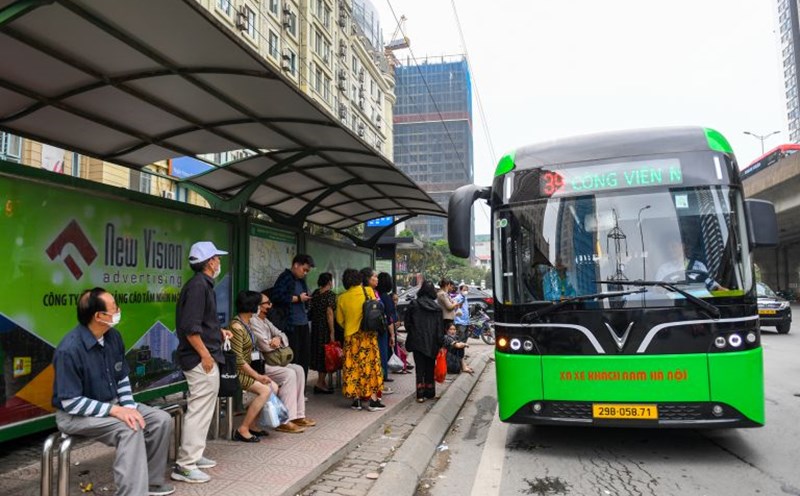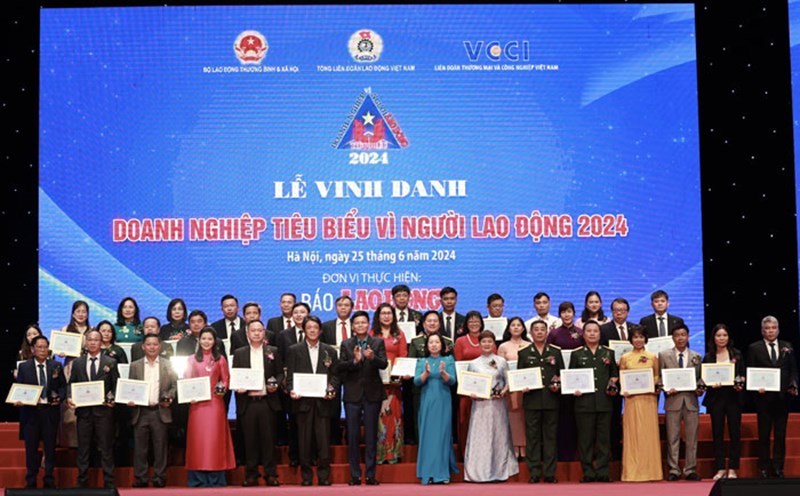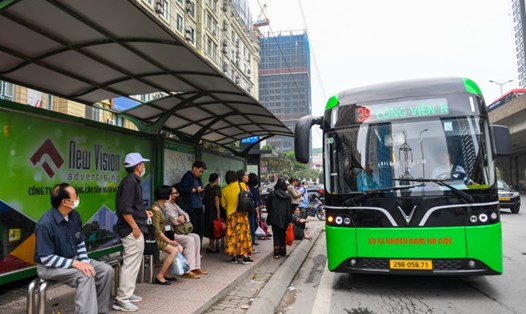Vietnam always respects the rights of the people
In Vietnam, people's freedom of movement is clearly regulated in documents such as: Constitution 2013 - Article 23: "Citizens have the right to travel and reside freely in the country, have the right to go abroad and return home from abroad".
Residence Law 2020: Specifically regulating issues related to permanent residence registration, temporary residence, and residence of Vietnamese citizens.
Law on Exit and Immigration of Vietnamese Citizens 2019: Regulates the rights and obligations related to the entry and exit of citizens into Vietnam. Ensuring human rights (including freedom of movement and freedom of residence) is a viewpoint throughout all guidelines and policies of the Party, policies and laws of the State of Vietnam.
Vietnam's viewpoint is to take people as the center, the subject, the goal, the driving force, and the resource for development. Directive 20 does not contain any content restricting people's freedom of movement.
No "people's chopsticks"
In essence, Directive 20 of the Prime Minister is aimed at protecting the environment, reducing air pollution, for public health and gradually integrating with the world's green transport trend. This Directive does not contain any content of "people's oppression".
In the Directive, the Prime Minister of Vietnam assigned the responsibility and supervision to the Hanoi People's Committee and relevant agencies to strictly implement solutions; conduct periodic assessments; court agencies, prosecutors, and police are recommended to guide the calculation of environmental damage, coordinate timely investigation and trial of environmental violations. Directive 20 also does not impose enforcement measures for violations of personal freedoms. Measures such as banning gasoline vehicles in the inner city are to protect the environment and public health, with a clear roadmap for people to gradually adapt...
Thus, it can be affirmed that Directive 20 of the Prime Minister is an executive document to solve the problem of environmental pollution, with clear timelines, not related to "people's oppression" or limiting human rights according to the concept of UDHR as well as international law.
On the other hand, it is necessary to see the Vietnamese electric vehicle market as an open playground, where many domestic and foreign enterprises participate in fierce competition. Therefore, the directive to ban gasoline vehicles is not to "favorite" domestic electric vehicle manufacturing enterprises.
Currently, the demand for motorbikes of Vietnamese people is an average of 3.5 to 4 million vehicles/year.
The policy of the State of Vietnam in economic development is to create a fair and equal playground, businesses compete healthily to promote scientific and technological innovation and development.
Synchronously deploy many solutions, not just traffic
Vietnam is committed to achieving the Net Zero target (net emissions of 0) by 2050. This is a long journey, requiring great efforts from the Government, businesses and people.
To successfully implement, Vietnam is synchronously implementing many solutions. It is worth mentioning that Vietnam focuses on perfecting the system of policies and laws, developing and implementing environmental regulations and standards, especially in the industries, transportation and construction; strengthening control and inspection of waste sources from vehicles and production and business establishments; strictly handling environmental violations; developing mechanisms and policies to encourage businesses and people to participate in environmental protection.
Strengthening waste management and treatment is also a matter of concern to Vietnam, including: Classifying waste at source, encouraging waste recycling and reuse; increasing investment in advanced waste treatment technologies; limiting the use of plastic bags and single-use plastic products.
Vietnam also pays special attention to promoting clean energy and energy saving.
Along with that, Vietnam attaches importance to raising public awareness, promoting propaganda and education on environmental protection, changing people's behavior in littering, using energy, protecting natural resources...
In 2025 alone, Vietnam will focus on building and piloting the domestic carbon market, especially focusing on large emitting industries; promoting the transition to green energy, gradually reducing dependence on fossil fuels and increasing the use of renewable energy...
To achieve the Net Zero goal, all levels, sectors and fields must get involved, not just transportation. The arguments that Directive 20 is "people's Suppression" or "restricting people's freedom of movement" ... are still a game of distorting and distorting the guidelines, policies and policies of the Party and State, in order to reduce public trust, incite public opinion, and cause political instability to hinder the development of Vietnam. More than ever, we need to be highly vigilant with these proposals.









